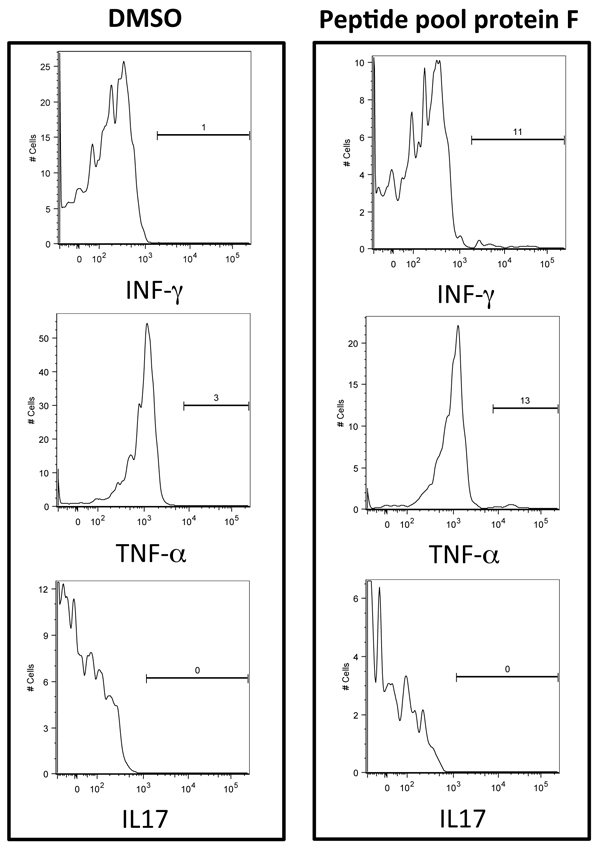URMC / Labs / Topham Lab / Projects / Analysis of Host Responses to Respiratory Syncytial Virus Infection
Analysis of Host Responses to Respiratory Syncytial Virus Infection and Identification of Factors Associated with Severe Disease
Respiratory syncytial virus (RSV) infects about 70% of infants during their first winter. Most infections are mild, but 1-3% result in hospitalization. There is evidence that T cells play a role in the severity of RSV-induced disease, but mechanisms are not well understood. Our lab is collaborating in a clinical study headed by pediatrician Ed Walsh, MD, aimed at identifying factors associated with severe RSV disease. Innate and adaptive immunes responses are being analyzed in cohorts of infants representing the full spectrum of RSV disease severity and correlated with viral, bacterial, and environmental information. Primarily, our lab is applying multi-parameter flow cytometry to investigate T cell phenotypes and functions that may contribute to severe disease.

Cytokine secretion by respiratory syncytial virus (RSV)-specific CD4 T cells. PBMCs collected from children after RSV infection were incubated with a peptide pool spanning the F protein of RSV (right hand panels); negative control cells were incubated with DMSO (left hand panels). After incubation, the percentage of CD4 T cells secreting IFN-γ, TNF-α, or IL17 was determined by flow cytometry and in shown in the panels.